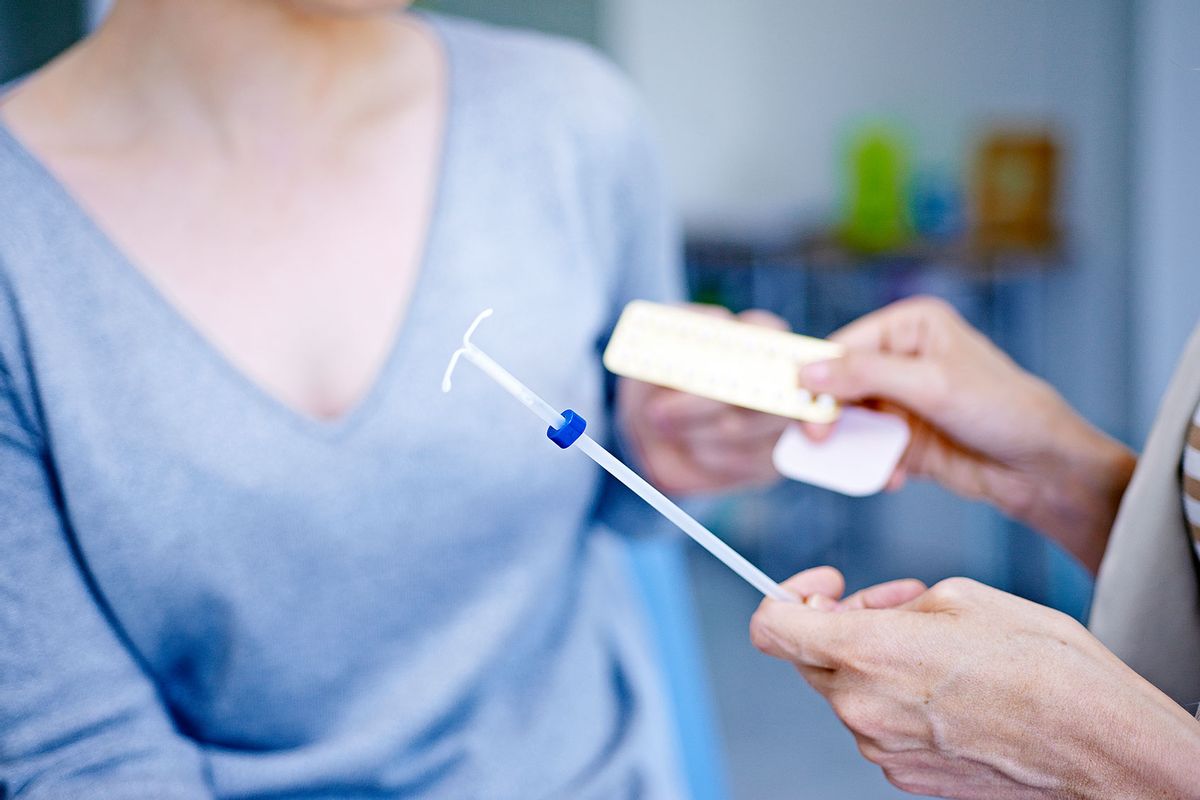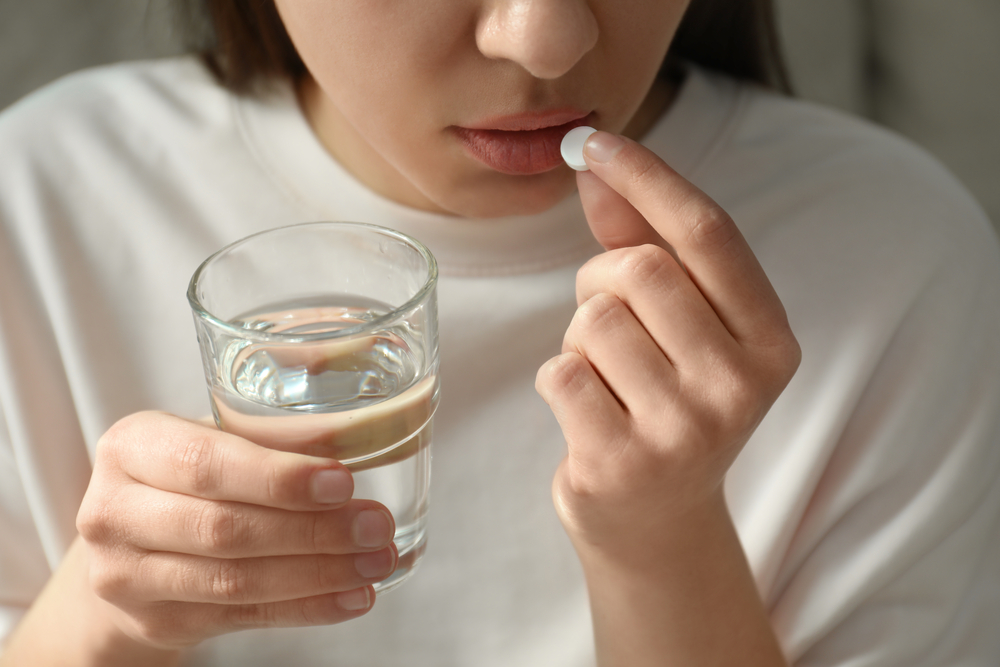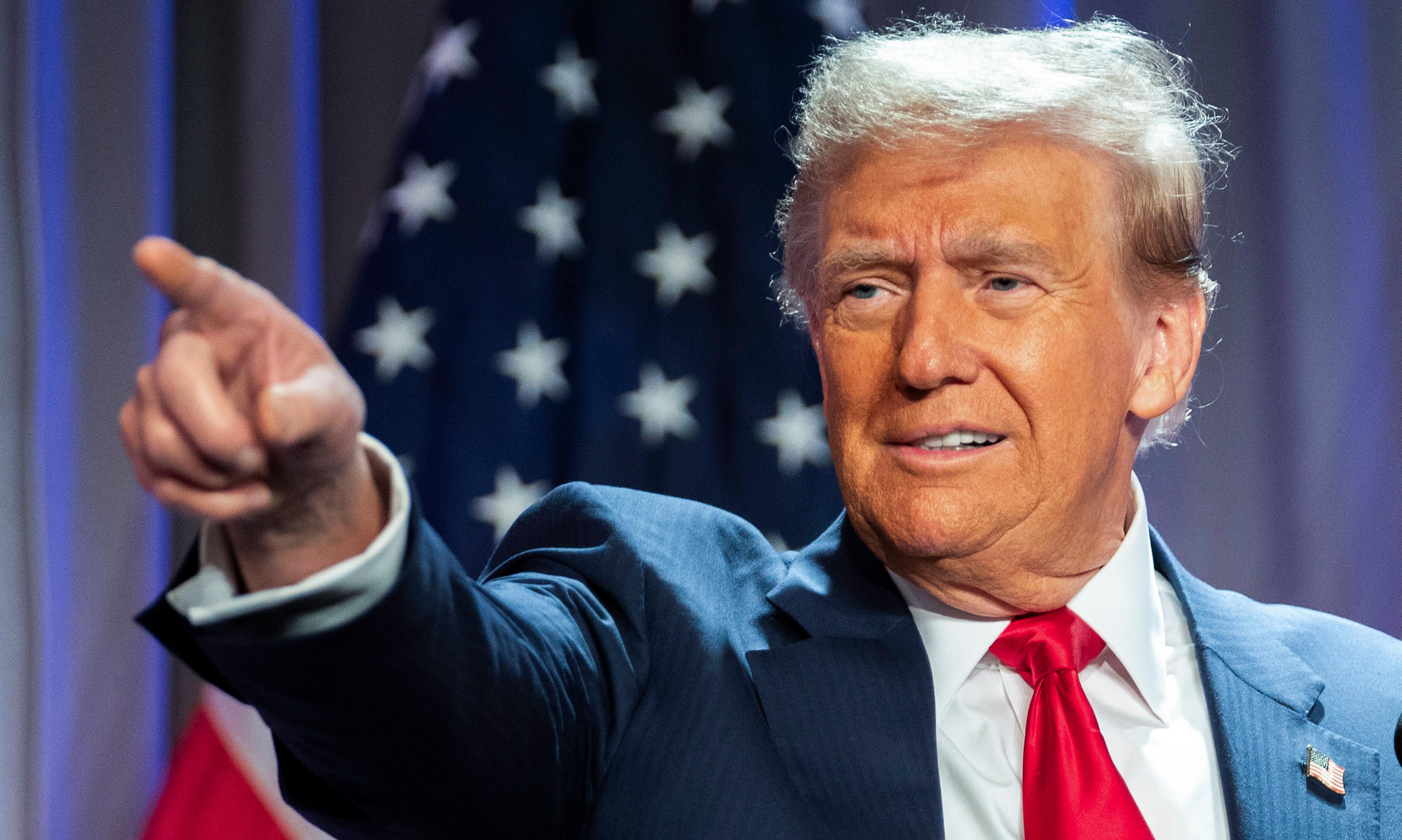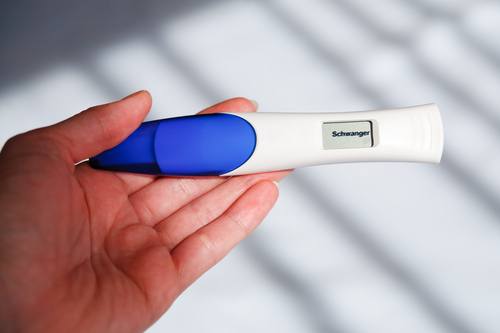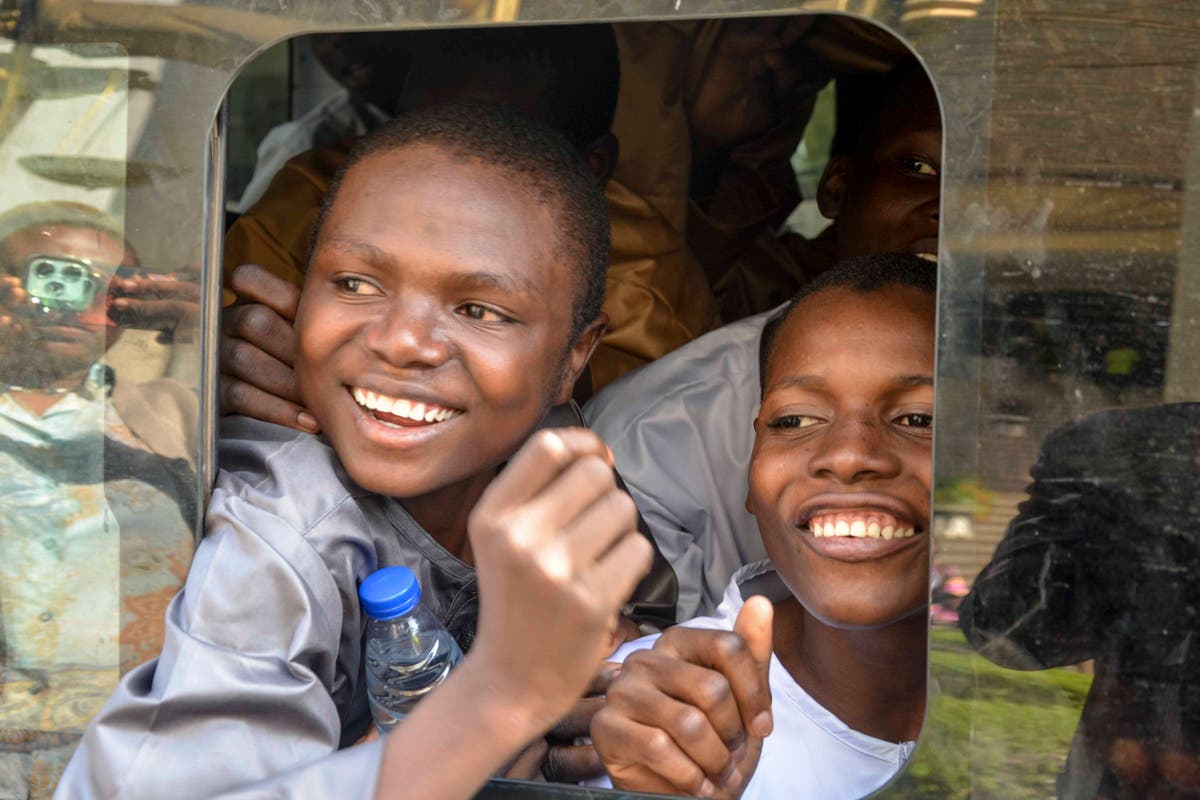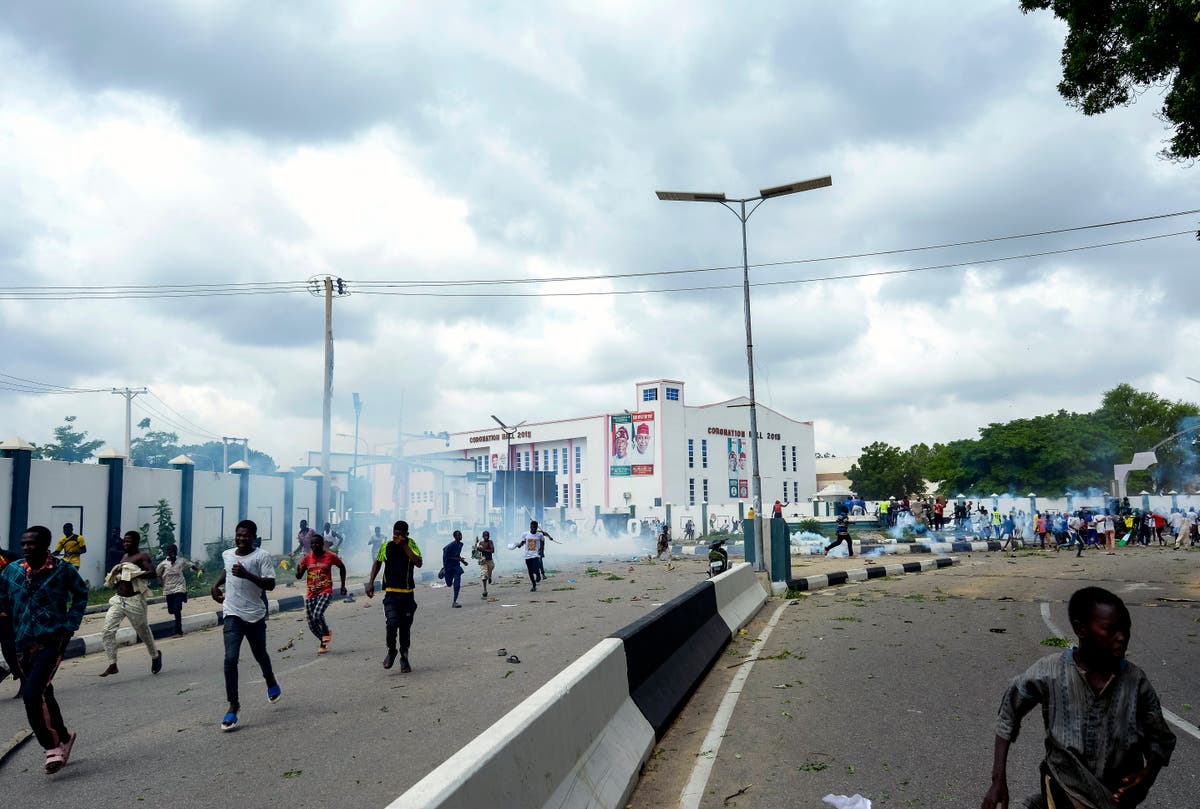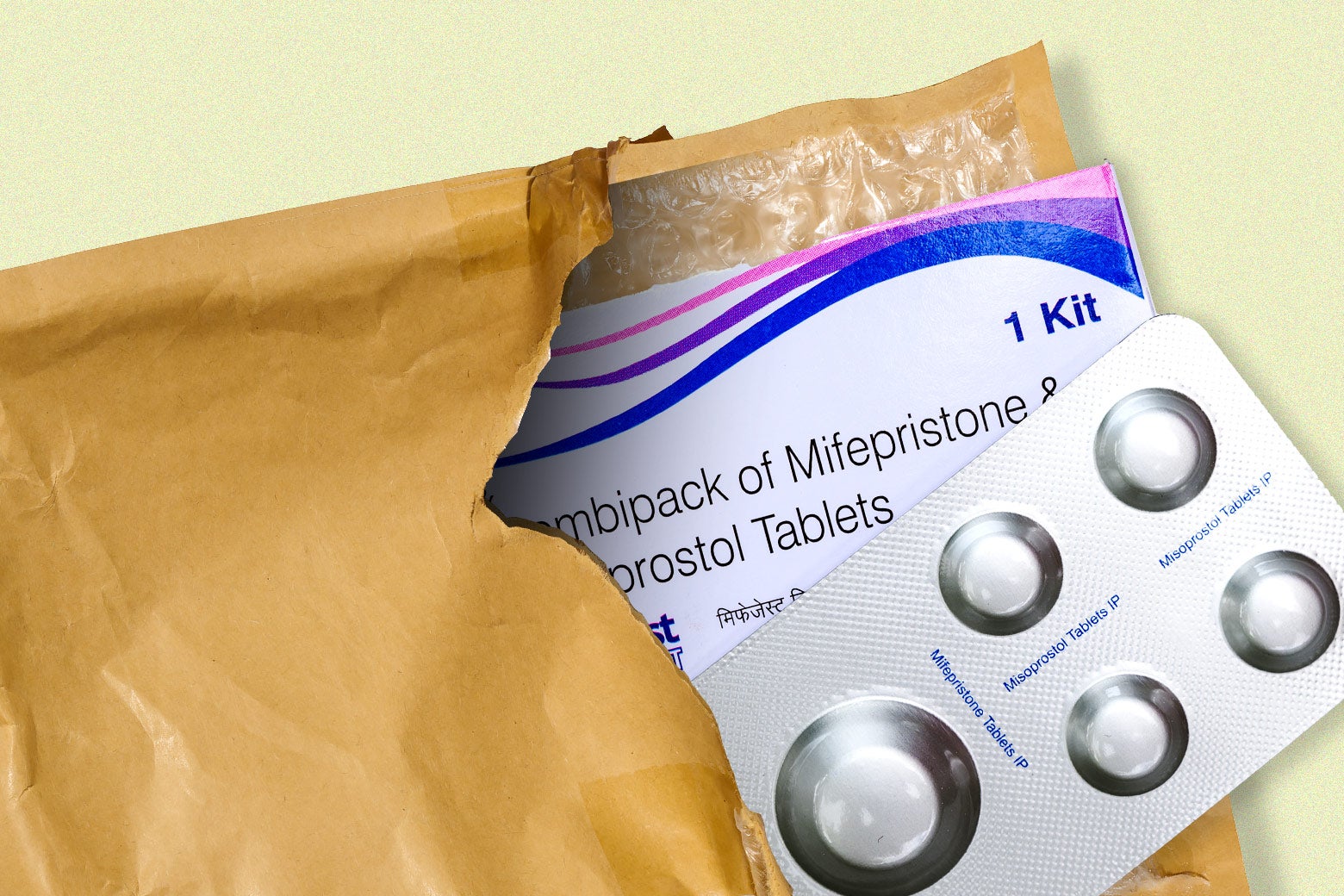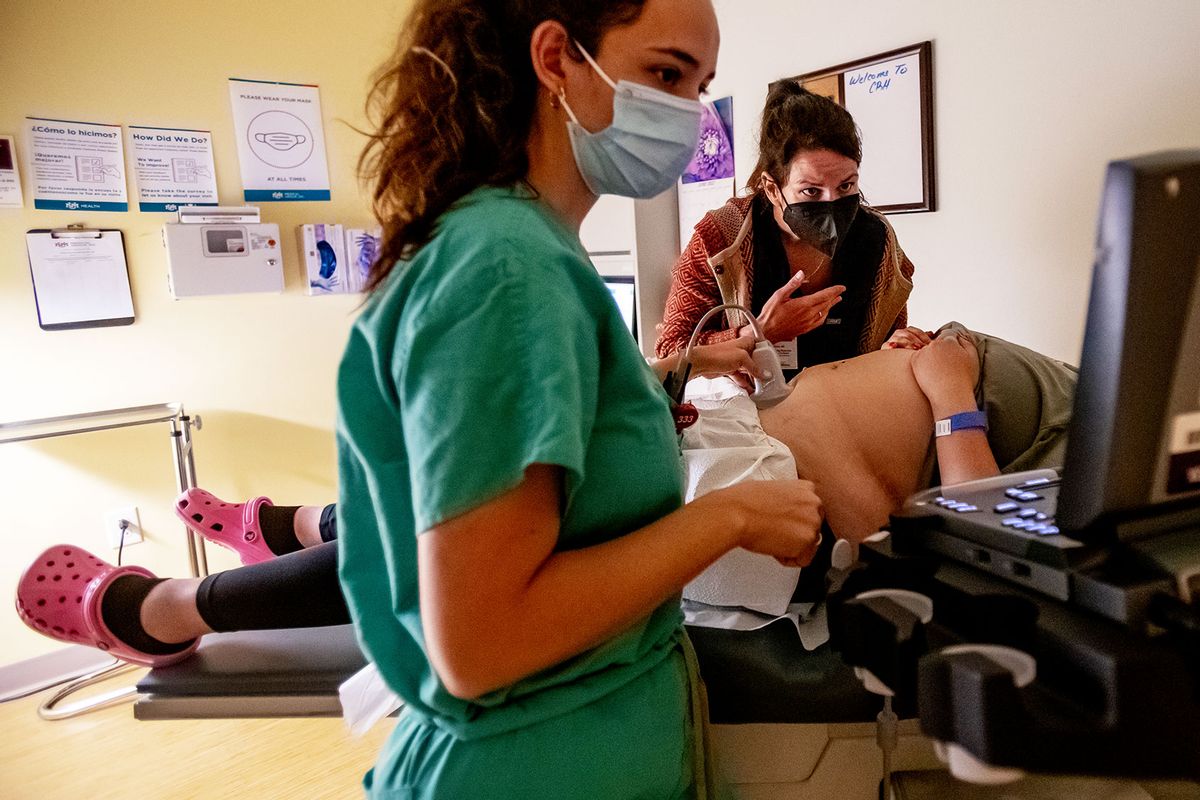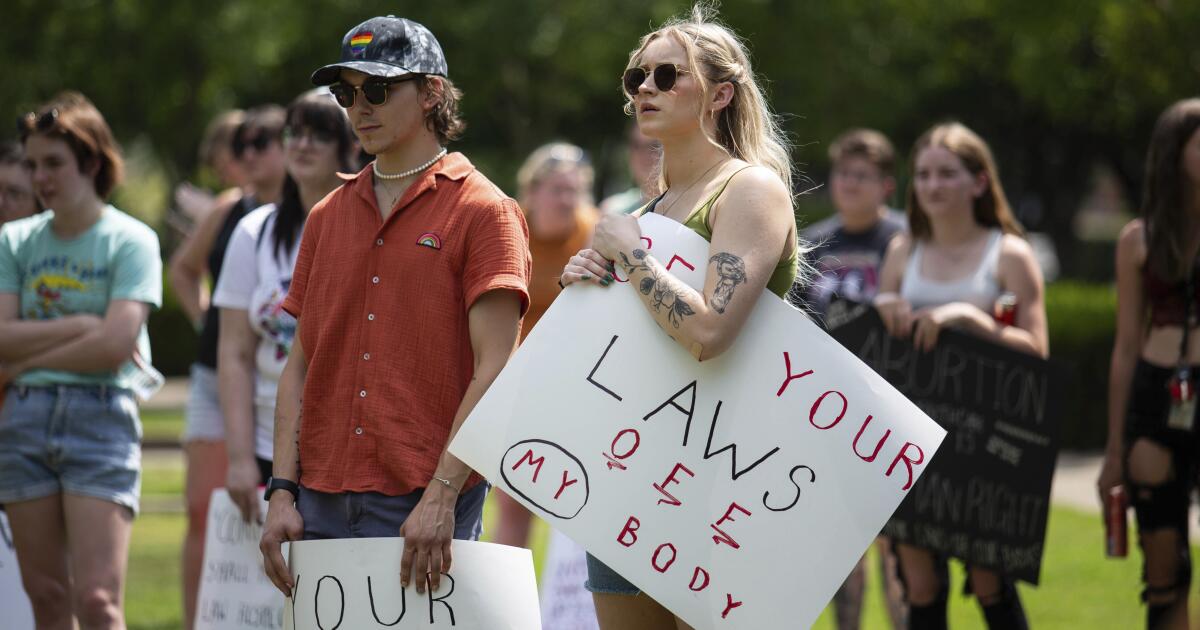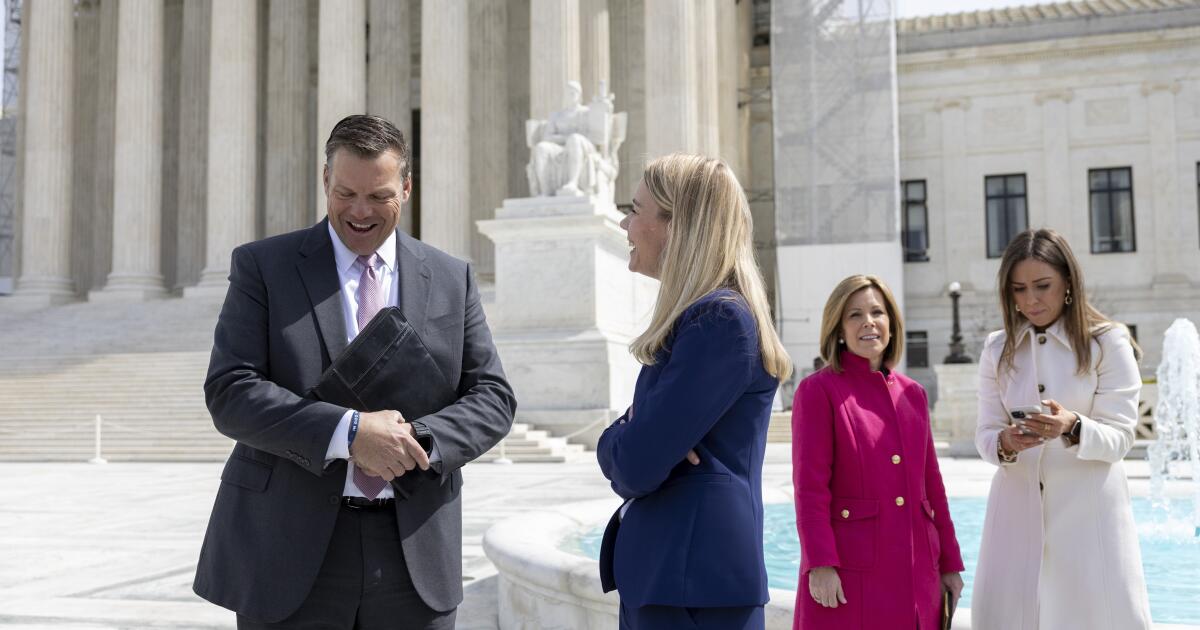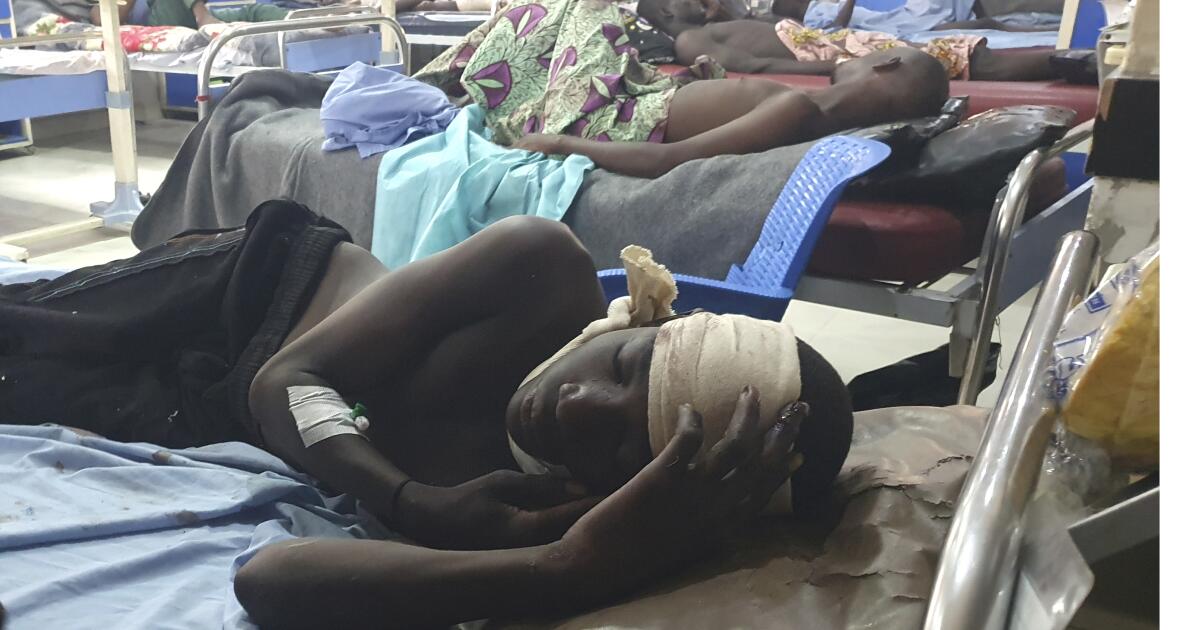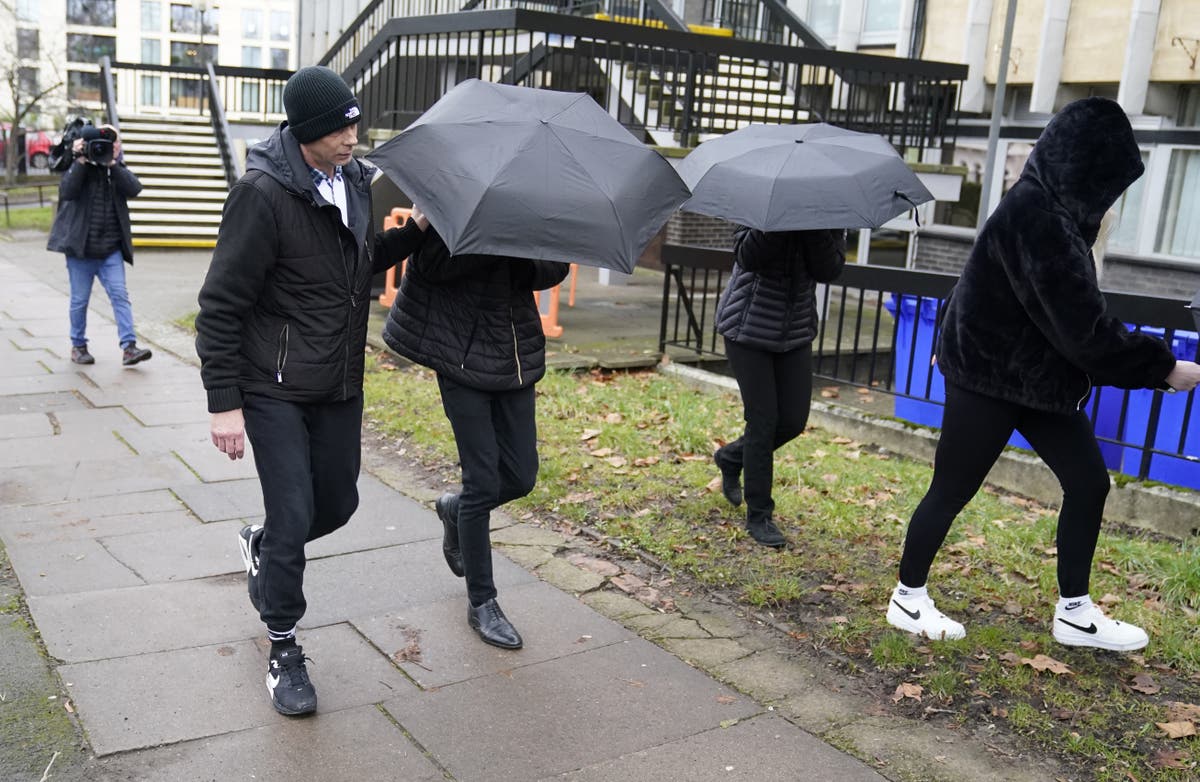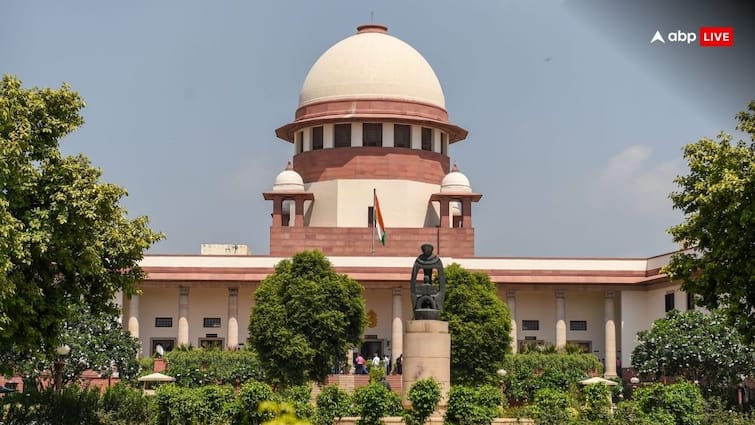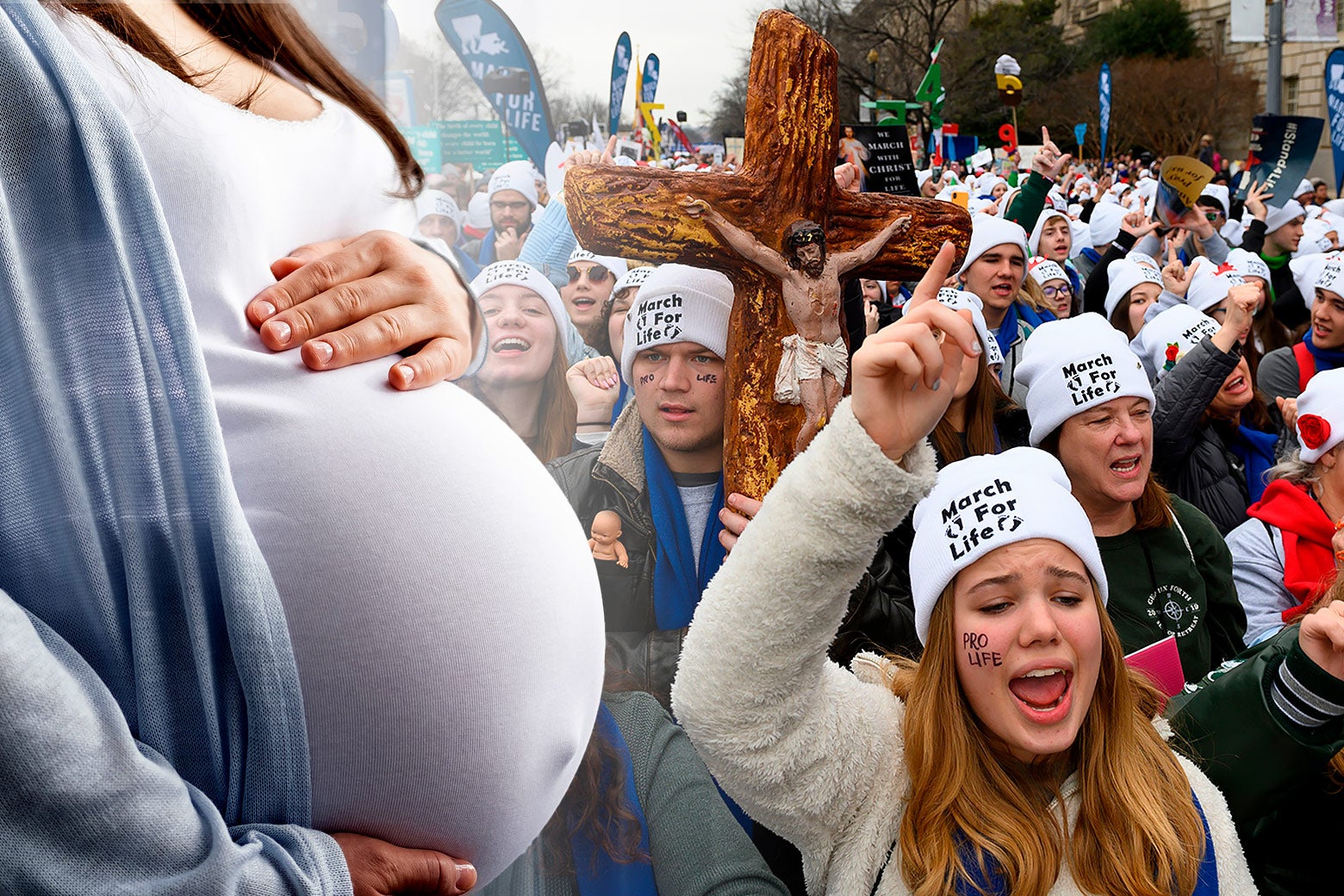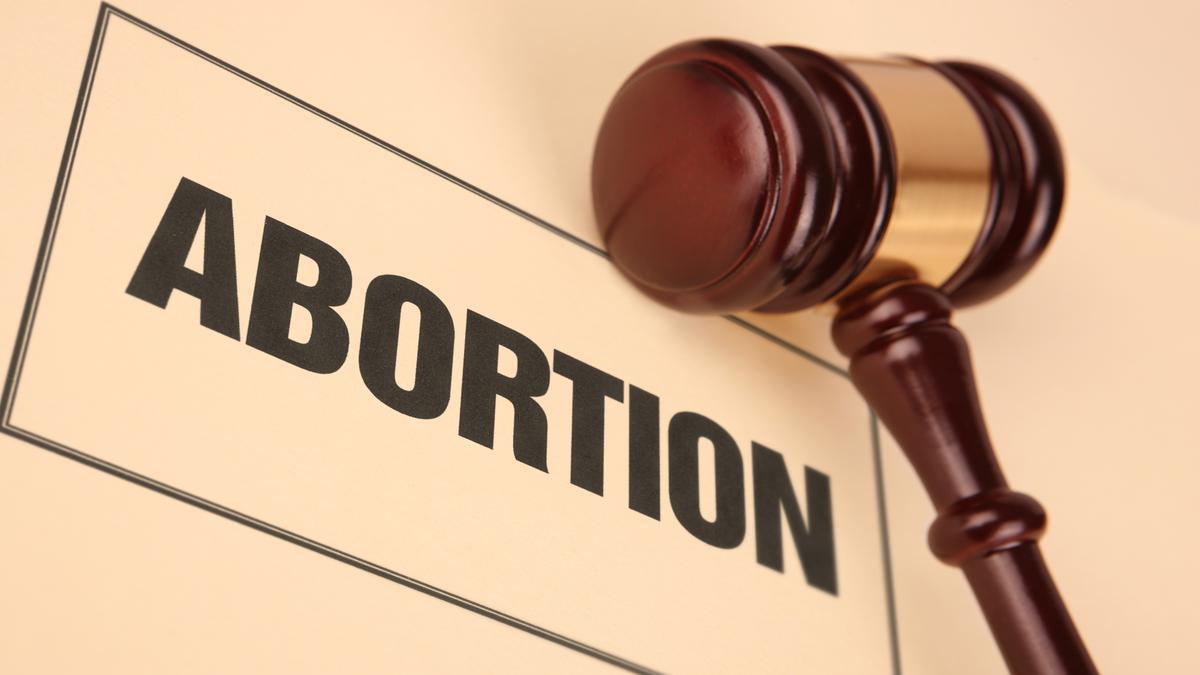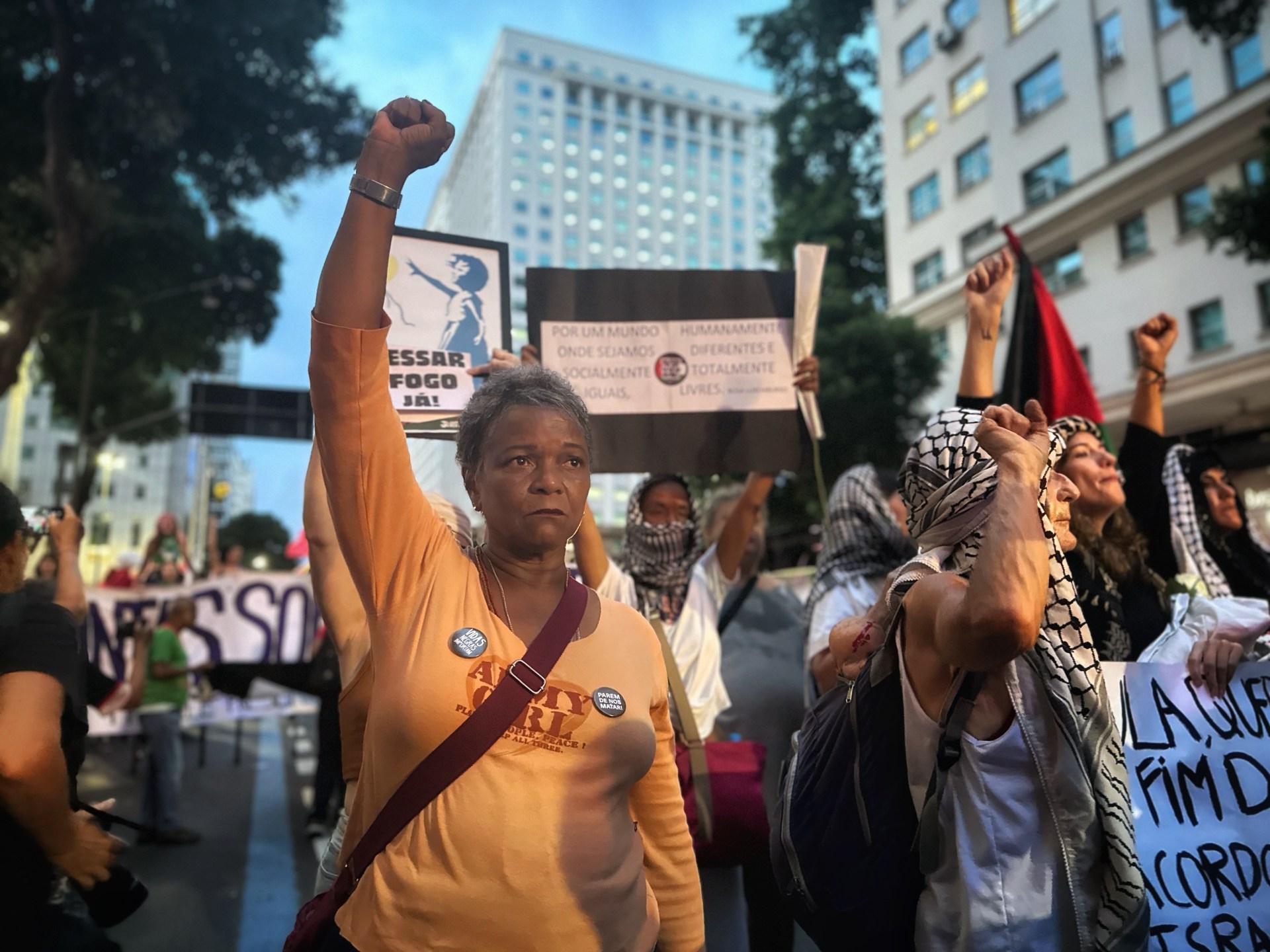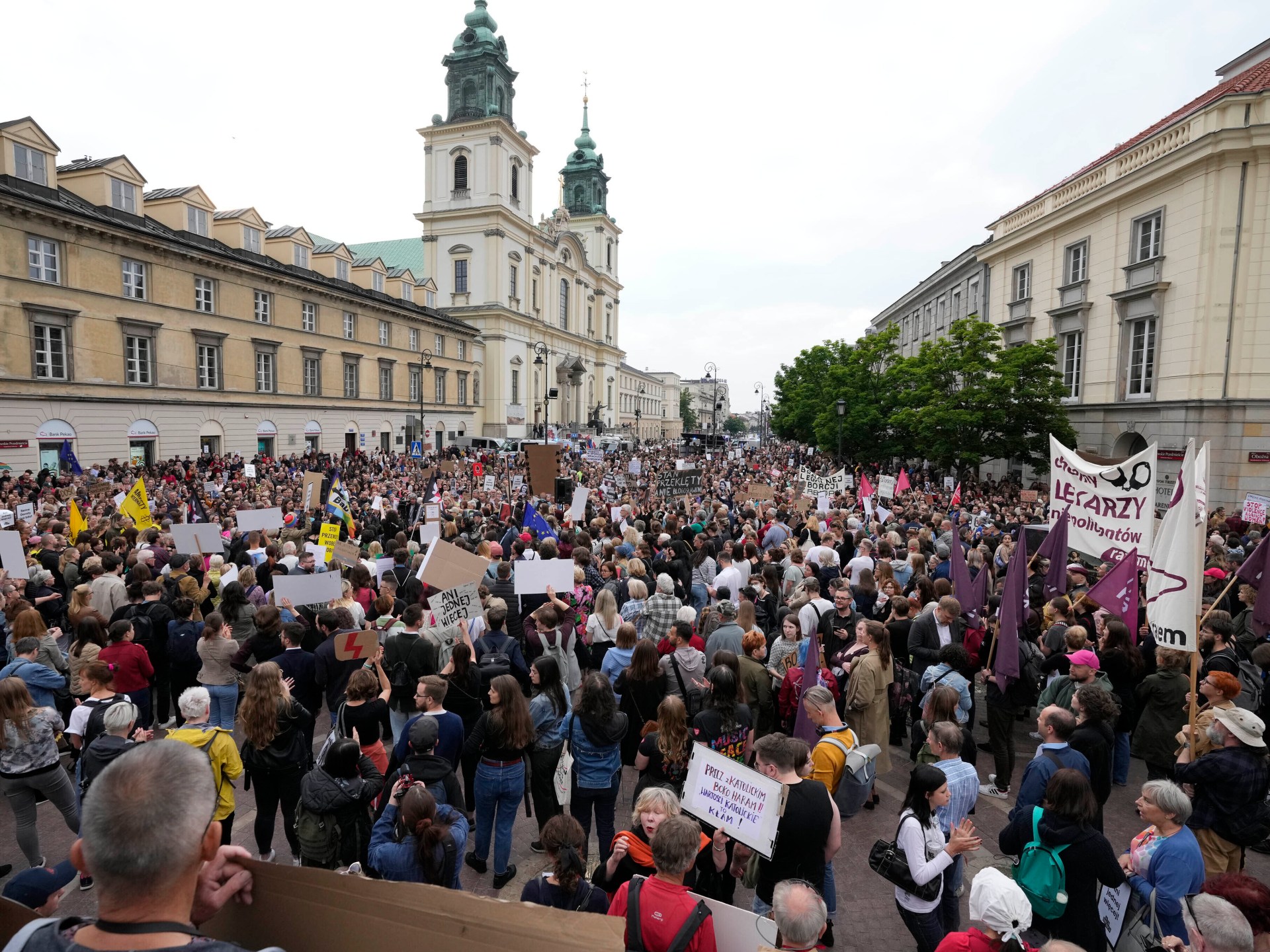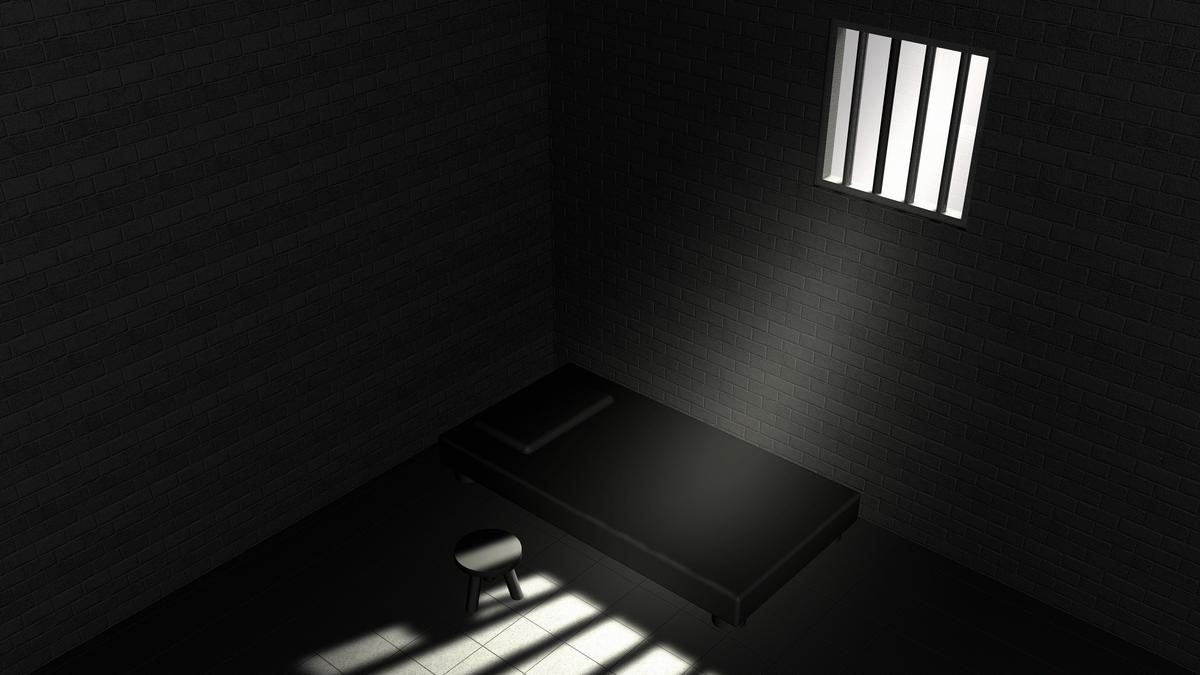
Inside Nigeria’s illegal backstreet abortion clinics
Al JazeeraIt was shortly before noon on Friday, September 2, 2016. It was dilation and curettage, an abortion method that Dr Kingsley Odogwu, the director of clinical services at Marie Stopes, described as “obsolete” because “medical science has found it not to be … safe”. If the police come and say I am doing abortion, I can deny it because they cannot see any equipment.” According to Effiom from Marie Stopes: “Every six out of 10 abortions happening in Nigeria are considered unsafe.” “This is a high number; we cannot turn our heads to that,” he added. “I also collected the money that I had used for scan and I billed him for post-abortion procedure which he paid for; but the girl could not have it because to my knowledge, she was already taken to northern part of the country.” Abortion care After Ann had her abortion in 2016, she was sent off without any care, save for a prescription for Flagyl, a staple antibiotic in Nigeria, commonly used to treat a wide range of infections. It is never easy to change policies in a country like Nigeria where everyone is opposed to women wanting to take control of their bodies.” Knowing the gravity of their operations, they employ a digital option where a woman can log in and speak to doctors and counsellors, who also advise clients about ways to get a medical abortion at home – including what drugs to buy, how to use them and how much to take.
History of this topic
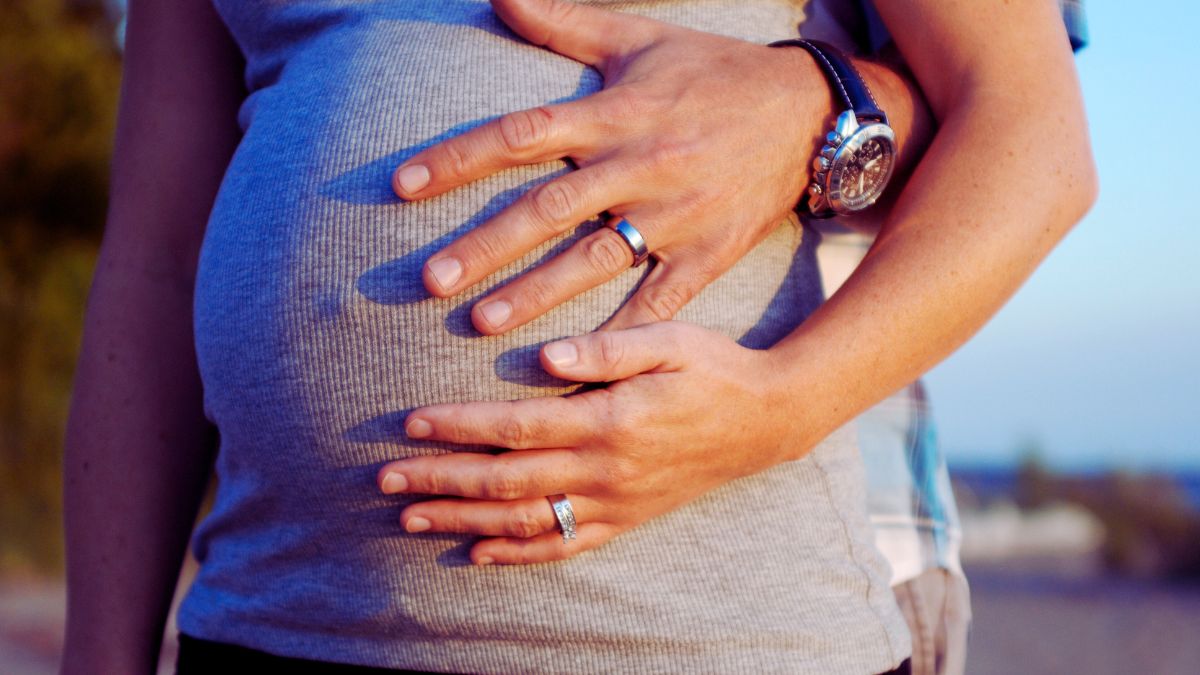
African conservatives to restrict abortion despite women facing insult for becoming pregnant before marriage
India TV News
Nigerian government rejects report on military abortion programme
Al Jazeera
Nigeria denies mass ‘abortion programme’ of Boko Haram victims
Al Jazeera
As US poised to restrict abortion, other nations ease access
Associated Press
Rapists to face surgical castration in Nigerian state under new law
The IndependentDiscover Related
